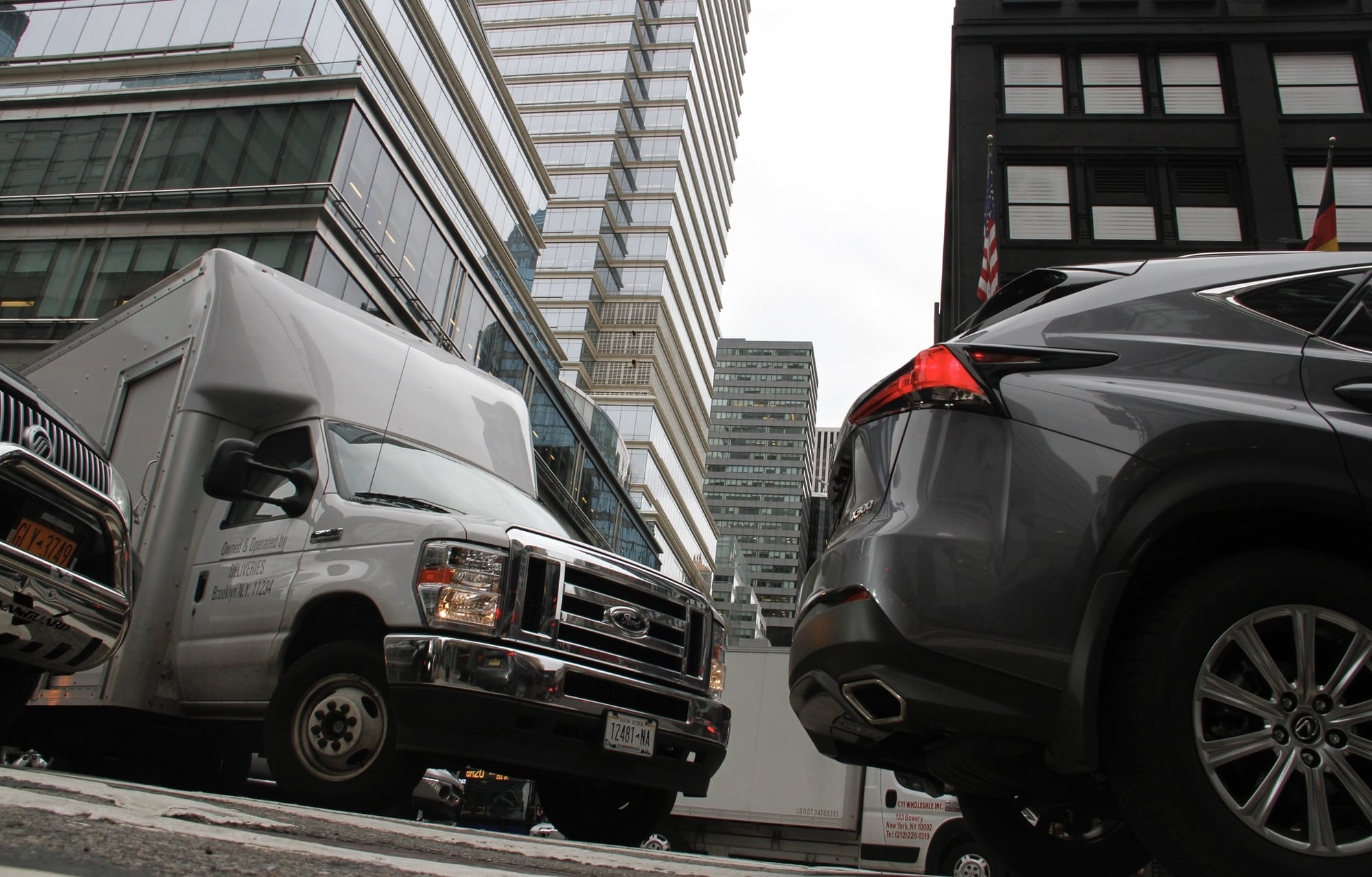No-Fault insurance is the most basic insurance you can have and legally drive a car.
It’s been the law in Michigan since 1970, but recent changes have been good for insurance companies—not insured people.
If you’re injured in an accident, many types of motor vehicle insurance will not come close to covering your care. Understanding your options when you’re buying insurance can help. But even with “good” insurance, after an accident, many people find they need a good advocate with lots of experience to help them negotiate with insurance companies.
Understanding No-Fault Insurance
People often get sticker shock while shopping for unlimited policies. Premiums can seem extremely high. But if you’re not careful, trying to reduce costs can wind up costing more—and delivering less. The way the system stands, insurance companies are the gatekeepers to your medical care, but they’re focused on their profits, not your wellness.
What Are “Unlimited” and “Capped” Policies?
It used to be that when you signed up for auto insurance, Michigan’s default policy was a policy that offered unlimited Personal Insurance Protection (PIP) benefits. Today, you have a choice in the amount of coverage that you can purchase.
With an “unlimited” policy, if you are in an accident, no matter how serious your injury, no matter how great your need for medical care, and no matter how long it lasts afterwards, your insurance pays for treatment. A car accident might mean you can’t work, or need home care for the rest of your life. Or it might result in an expensive hospital stays. You might require temporary or permanent mobility aids. Even if you suffer a less serious injury, that can still periodically need treatment years later. All of this is by an unlimited policy and paid for by your insurer. They are on the hook for your treatment until you don’t need it anymore.
Under new laws, insurance companies can limit your care and their costs right from the beginning of your policy, long before you’ve suffered an injury. Instead of signing you up for an unlimited policy automatically, they can drive up prices on unlimited policies—and hope that you’ll choose a capped policy instead.
“Capped” policies have lower monthly premiums that seem to provide monthly savings—but have seriously reduced benefits.
You can still choose to have unlimited PIP benefits in Michigan. But you can also chose the following types of “capped” coverage:
- $500,000 per person per accident
- $250,000 per person per accident
- $250,000 per person per accident with exclusions: To select this option, one or both of the following must be true:
- a named insured person has qualified health coverage that is not Medicare;
- any resident relative or spouse who is excluding PIP medical has qualified health coverage
- $50,000 per person per accident with exclusions: To select this option, both of the following must be true:
- the applicant or named insured is enrolled in Medicaid and
- any spouse and all resident relatives have qualified health coverage, are enrolled in Medicaid, or are covered under another auto policy with PIP medical coverage
- No medical PIP coverage: To select this option, both of the following must be true:
- the applicant or named insured has coverage under both Medicare Parts A and B and
- any spouse and all resident relatives have qualified health coverage or are covered under another auto policy with PIP medical coverage
Capped policies sometimes don’t even offer much savings, but still entice you to choose policies that limit your recovery. If you’re never in an accident, maybe they save you a few bucks. But that makes every drive a gamble. Sometimes, because of increases and add-ons, they aren’t even a savings! They’re just less complete coverage.
The Peril in Your Policy
When you’re purchasing a new policy, you’re not expecting an accident. Maybe you’re choosing insurance after spending more money on a car than you were expecting—adding pressure to save somewhere. Maybe you’re purchasing insurance just to get “street legal.” If you buy a “capped” policy you could be uninsured or underinsured without knowing it.
Capped policies could mean you find yourself without much coverage after an accident. Depending on the seriousness of your injury and the extent of the medical care it requires, you could exhaust your policy within just a few days of an accident. For example, concussions are among the most common injuries in car accidents. The average cost to treat a concussion in Michigan is roughly $20,000. The $50,000, $250,000 or even the $500,000 policy that sounded like a lot when you enrolled will be spent down to zero in no time. When that amount runs out, you’re left scrambling to continue treatment or get a medical consult—and exhausting any other resources you have.
Policy caps mean insurance companies can control for uncertainty, but you can’t. They know that no matter what happens, they won’t pay out more than the dollar amount on your policy. But you don’t know what you’ll need if you’re injured. If you’re choosing coverage, you need to know: anything less than unlimited coverage could leave you exposed.
We’re Here to Help.
Our number one goal is to help everyone who comes through our door. Do you need help? Call us today.
Contact Us for a Free Consutation
We Can Help
Are you choosing motor vehicle insurance? If your insurance is capped at a certain dollar amount—or sometimes even if you have unlimited insurance—your insurer might still refuse to cover your care. When your insurance refuses a claim, it can interfere with your medical treatment—and even your ability to get a doctor’s appointment. If you’re coping with an insurer who’s stopping you from getting well, Sigal can help.















